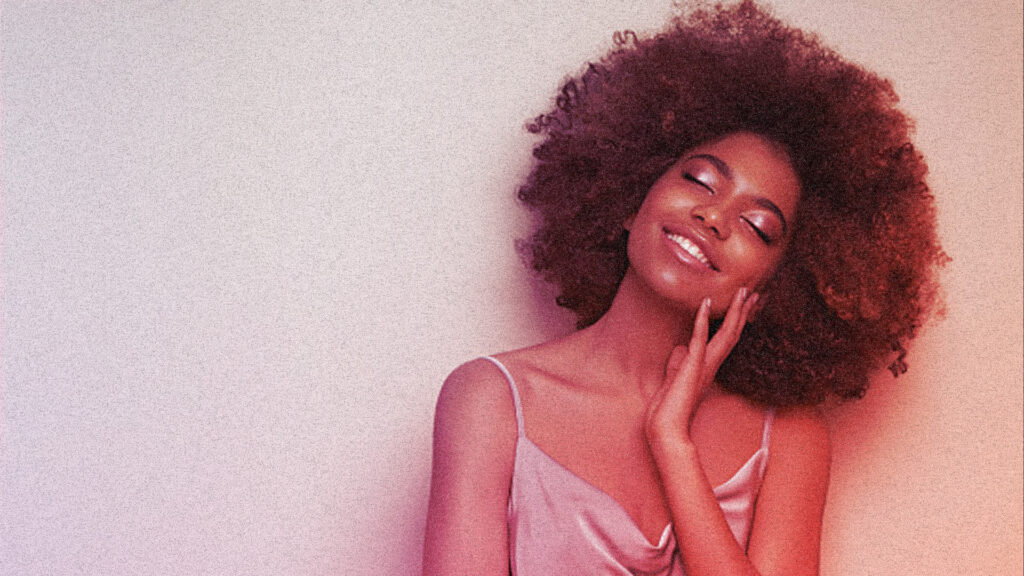According to a recent report by MyCode, just 38% of Black consumers feel understood by major brands. Now beauty influencers like Ami Cole are making the leap from online to in-store sales, opening up new opportunities for retailers to win over skeptical consumers.
Brands Seeking To Connect With Diverse Audiences Should Start With What Consumers Want
A recent McKinsey survey revealed that Black consumers would shift 30 percent of their current spending—approximately $300 billion—to products designed to deliver quality and function that meets their needs.
“By 2024, the buying power of the U.S. Black population is set to reach $1.8 trillion,” reads a recent NielsenIQ report. “Yet despite this, their needs are still not being met by many beauty and personal care brands.“
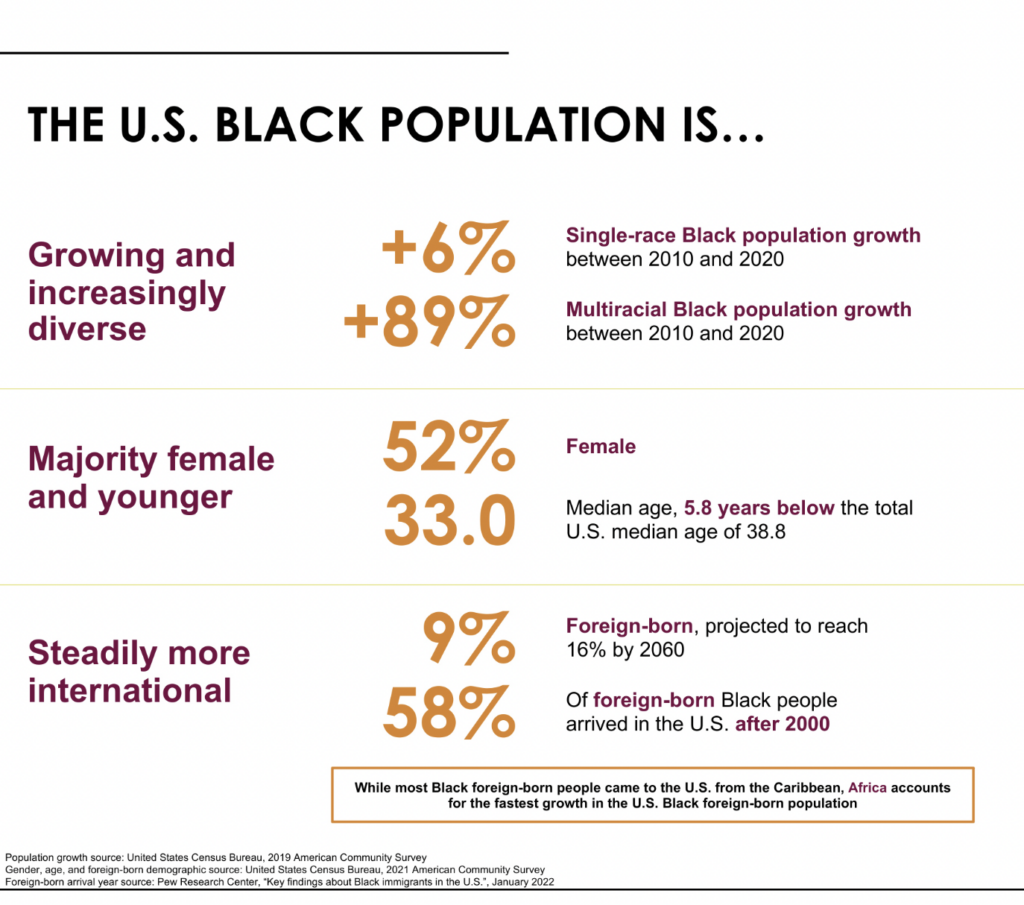
Despite that $300 billion play up for grabs, the beauty industry, a segment earning a significant share of Black consumers’ discretionary spending, has some catching up to do. Based on the fact that the Black population is 52 percent female with an average age of 33 (5 years younger than non-Black demographics), beauty brands and retailers have a potential audience that ticks all of the boxes yet remains relatively untapped. From the McKinsey report:
- Black consumers are three times more likely than non-Black customers to walk away from a retailer dissatisfied with their hair care, skincare, and makeup options.
- Black consumers drive 11 percent of beauty spending, but only 4 to 7 percent of beauty brands carried by retailers are brands created for Black consumers.
- The median revenue of beauty brands targeting Black consumers was “89 times higher than what non-Black beauty brands return over the same period.”
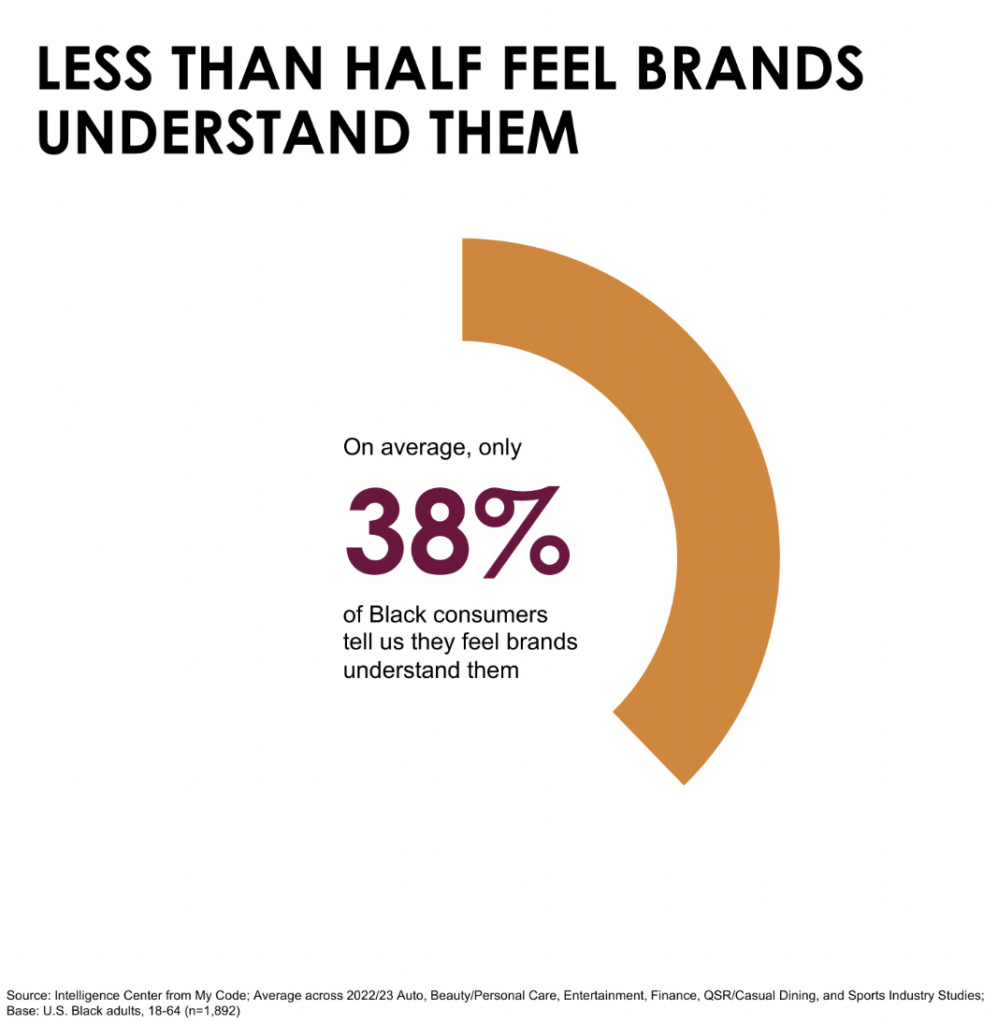
Reaching Black consumers eager to shift spending to a brand that understands their needs may fall to marketers rather than brands. Consumer spending drives product development, and recent successes among Black beauty brands illustrate Black interest in finding products and services that are crafted for them. Marketers who find the right mix of clear messaging and authentic value to the consumer may win a piece of that $300 billion pie.
When Black Consumers Find A Product That Works, They Support It Wholeheartedly
According to the MyCode report, only a minority of Black consumers feel that marketers understand their needs. That fact may leave retailers and brands out of a growing and increasingly multi-ethnic demographic. Black consumers often spend more on haircare and beauty products—reaching this demographic can be an important driver of business growth in the future. Black consumers support brands that align with the values that matter to them in addition to delivering quality and meeting needs, recent research shows, and they are willing to pay as much as 20 percent more to purchase those types of products, according to Mckinsey.
However, authenticity is key to reaching any demographic. Take the Fenty Effect, for example. Fenty, helmed by Rihanna, earned billions in just one year using a powerful strategy: showing the audience that the cosmetics promoted matched the complex tones and shades that fans and other consumers struggled to match with many other brands. That simple idea, for many consumers, was revolutionary.
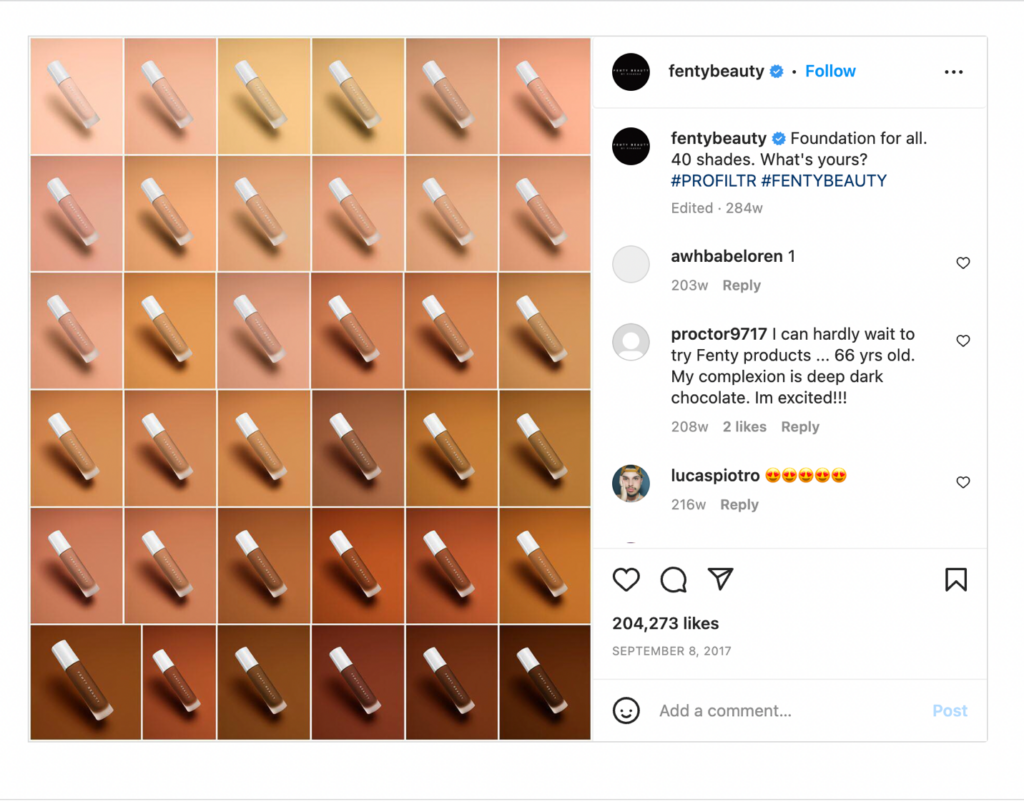
Fenty brought a new generation of consumers used to hunting for foundations in multiple drug stores and department stores. Fenty’s brand messaging was about meeting a need in a way that demonstrated an intimate knowledge of the audience and what drive’s their purchasing. Today new influencer-fronted brands like Ami Cole are launching at Sephora and bringing products previously only sold online into retail stores.
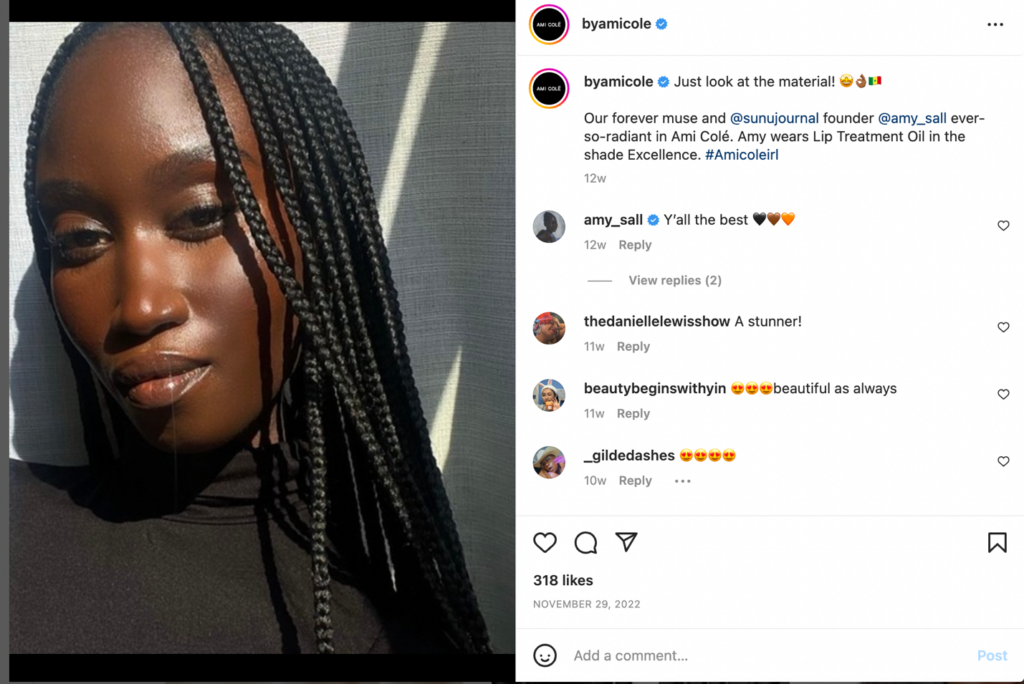
The Takeaway:
For brands, reaching a young, motivated, and product-focused consumer means delivering on the basics—function and quality—while listening to what consumers are saying on social and in customer feedback. The “Fenty Effect” shows that Black consumers are ready to spend on products that target their needs explicitly and consistently.
